Europeans adopt ‘wrong’ stance at ‘inappropriate’ time in Vienna talks: Iran
Iran has slammed as “wrong” and “ill-considered” the joint statement issued by Germany, France and the United Kingdom on the revival of the 2015 nuclear deal, officially known as the Joint Comprehensive Plan of Action (JCPOA).
Speaking at a weekly presser on Monday, Iran’s Foreign Ministry spokesman Nasser Kan’ani said Tehran did its best in the negotiation process and acted “constructively” to reach an agreement.
“An agreement is a two-way street. It was expected that the [other] negotiating parties would also act constructively.”
The three European parties to the JCPOA in a press release on Saturday questioned Iran’s intentions and commitment to a successful outcome on the JCPOA over Iran’s calls for a settlement of Safeguards issues between Tehran and the International Atomic Energy Agency (IAEA).
Iran ratified the Nuclear Nonproliferation Treaty (NPT) in 1970, which requires nonnuclear-weapon states to accept comprehensive IAEA safeguards. Also, as a goodwill gesture, Iran voluntarily chose to have extensive cooperation with the UN nuclear agency, beyond the safeguards agreement.
Back in June, Iran decided to stop its voluntary cooperation with the UN nuclear agency, while stressing that its commitments under the agreement will continue.
Iran and the IAEA are currently locked in a dispute triggered by the agency’s Israeli-influenced accusations, which were leveled against Tehran’s peaceful nuclear activities just as the Islamic Republic and other parties to the Iran deal appeared close to an agreement on reviving the JCPOA.
Iran asserts that an agreement on the revival of the nuclear deal hinges on the settlement of safeguards issues between Tehran and the IAEA and that without settling those issues, reviving the 2015 accord makes no sense.
Kan’ani said that the IAEA’s frequent reports have confirmed the peaceful nature of Iran’s nuclear program, urging the agency to act “professionally” and without any pressure exerted by a third party – making an apparent reference to Israel.
It was “unfortunate” that the European trio has been “influenced by pressure exerted by a regime that is not a member to any of the comprehensive safeguard agreements of the International Atomic Energy Agency,” Kan’ani said.
He noted that Iran is waiting for “an official response” from the United States to its opinion on the US’s own response to the European Union’s draft text for the revival of the deal.
The spokesman called on Washington to adopt a “constructive behavior” to reach an agreement.
He underscored that “It is America that must prove that it is a reliable member,” considering that it is the party that quit the JCPOA.
He also noted that Iran has not made any new demands in its latest response and that an agreement on the revival of the nuclear deal would depend on the political will of the other negotiating parties.
The United States unilaterally withdrew from the landmark deal in 2018 and reinstated crippling sanctions under the so-called “maximum pressure” campaign, despite Iran’s full compliance with the deal.
The Austrian capital has been hosting multiple rounds of talks since April last year between the signatories of the JCPOA in order to examine the prospect of the deal’s revival and removal of the illegal economic sanctions.
Scores killed as Takfiri terrorists target Shia Muslims in Pakistan
Pezeshkian to US, Europeans: You are killing women, children
VIDEO | COP29: another climate failure?
ICC issues arrest warrants for Netanyahu, Gallant for war crimes
Israeli strikes kill 88 Palestinians in northern Gaza
American voters plainly rejected complicity in Gaza genocide: Iran FM spox
ICC should issue more arrest warrants for Israeli authorities over Gaza genocide: UN expert
Israel using AI weapons co-produced by India in Gaza genocide: Report


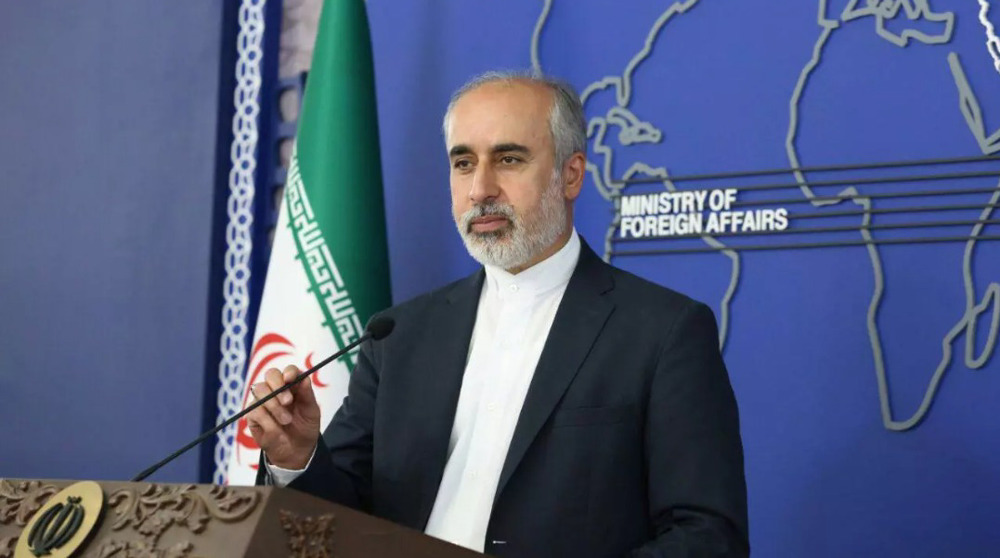
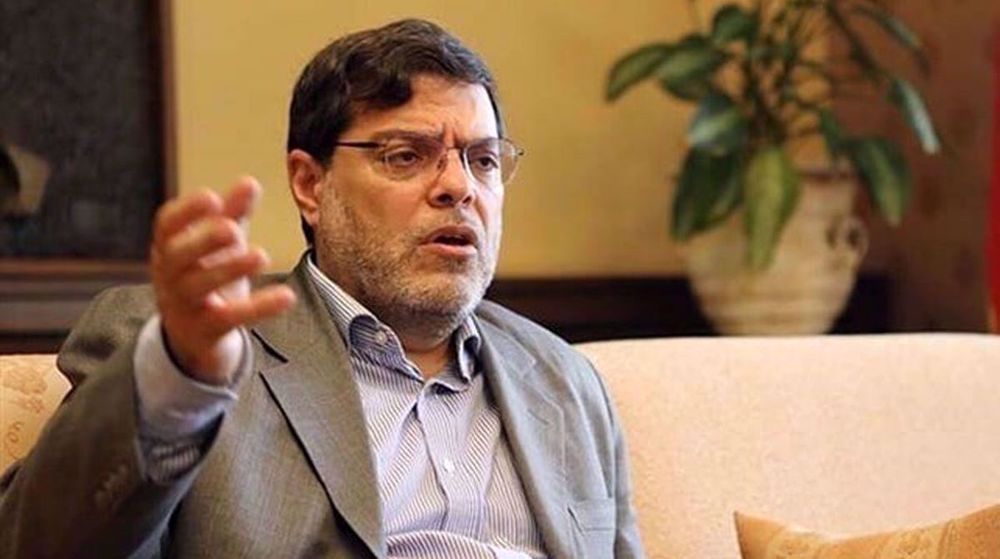
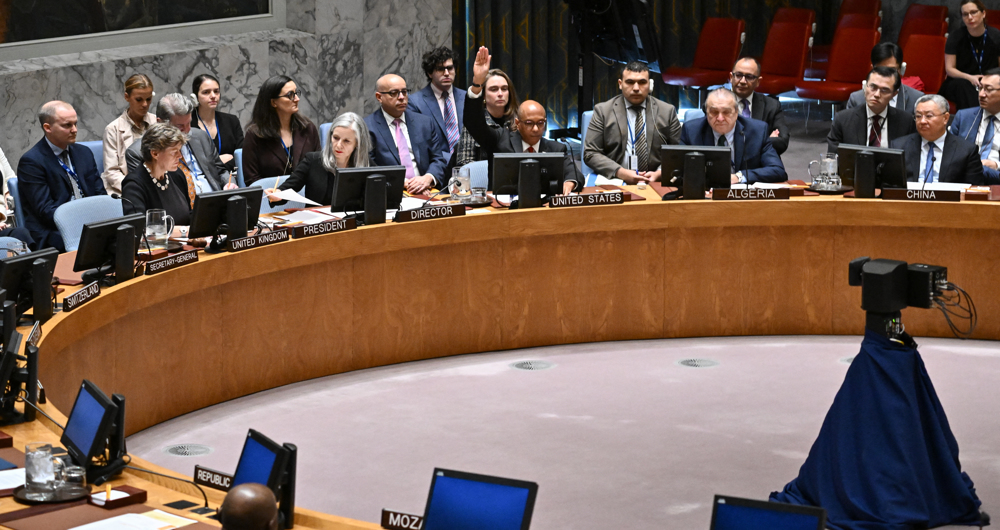
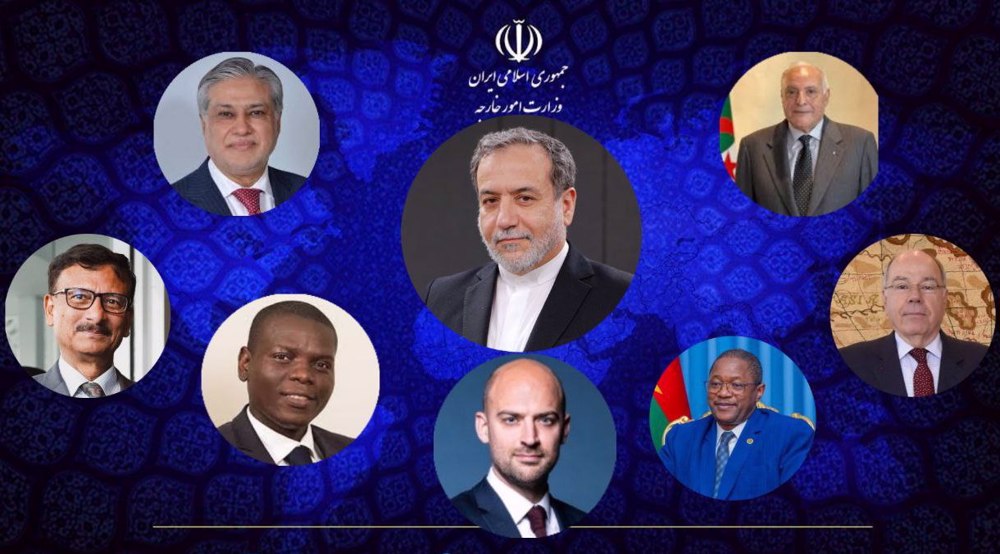




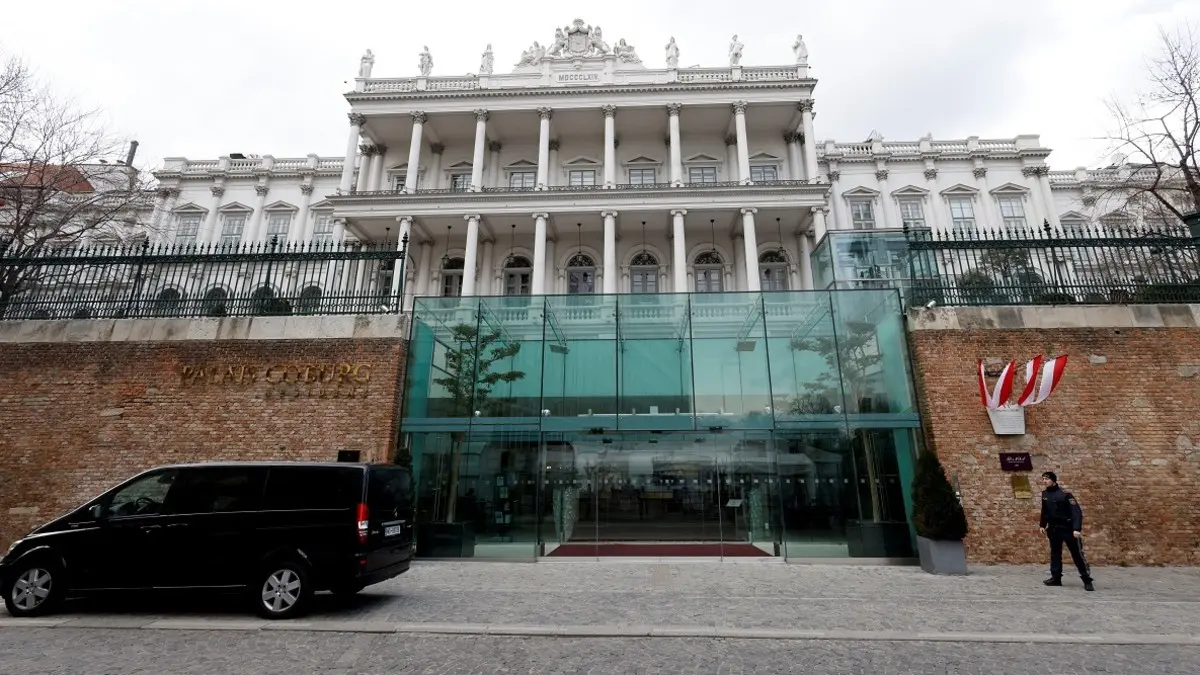
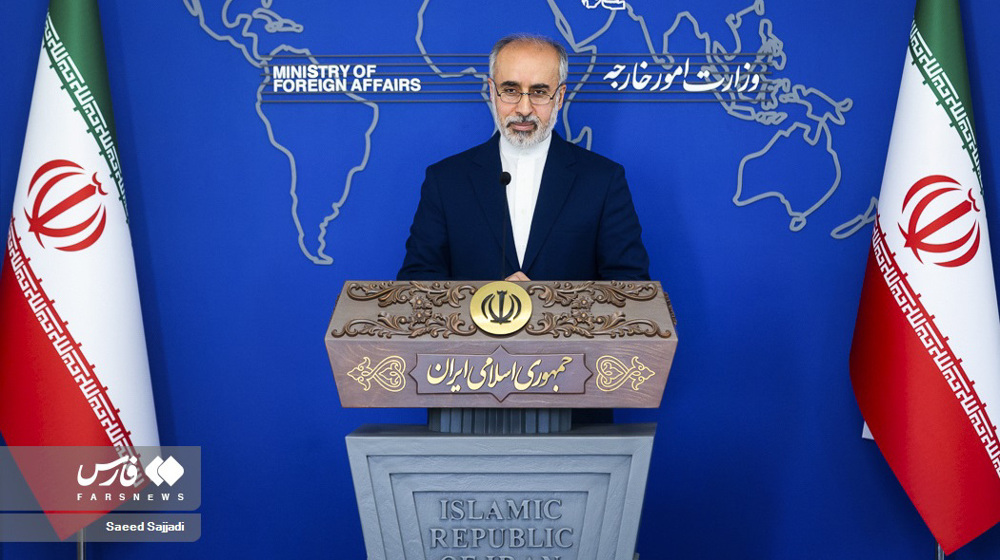

 This makes it easy to access the Press TV website
This makes it easy to access the Press TV website